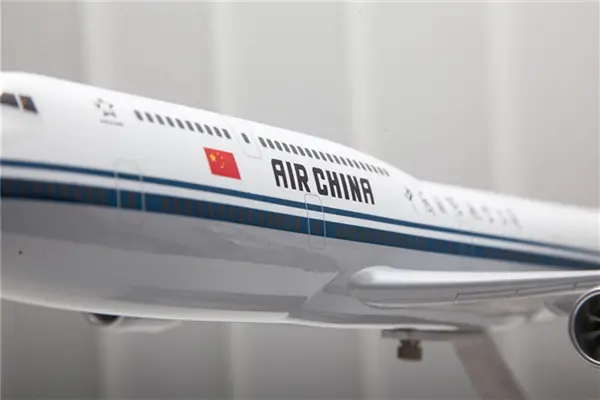Space may be vast, but it’s getting pretty crowded up there. There are now nearly 1,500 satellites in orbit around Earth and lots of debris — an estimated 20,000 pieces of space junk bigger than 10 centimeters and hundreds of thousands of smaller pieces.
And it’s only going to get more congested going forward. Companies such as OneWeb, SpaceX and Boeing have plans to put thousands of small-satellite constellations in orbit to beam the Internet down to remote areas and
provide communications and Earth-observation services.
With all of that stuff whizzing around at incredibly high speeds, the United States is increasingly concerned about the prospect of additional collisions in space that could make it even more difficult to navigate. With satellites and debris orbiting at thousands of miles per hour, even something the size of a peanut can become a fearsome projectile, capable of causing a lot of damage.
Chinese space station plunges into the ocean. No one hurt, no one there.
The Pentagon tracks objects in space and warns satellite operators and foreign governments when there might be a collision or close call. But it doesn’t have the authority to order operators to move their satellites to avoid a crash.
In a speech at an annual space symposium here this week, Vice President Pence said the federal government would start playing the role of space traffic cop, giving the responsibility to the Commerce Department, as it tries to promote the growth of the commercial space industry.
He cited a collision in 2009 between a U.S. satellite and an inactive Russian spacecraft that created thousands of pieces of debris.
“President Trump knows that a stable and orderly space environment is critical to the strength of our economy and the resilience of our national security systems,” Pence said. “And that’s why the National Space Council has developed the first comprehensive space-traffic-management policy, which we will soon be sending to the president’s desk for his approval.”
Trump wants to a military ‘Space Force.’ Here’s why.
But Pence offered scant details of what that policy would be or how and when it would be implemented. And there are no signs that the government intends to dedicate the funds that many experts say are required to oversee the thousands of spacecraft speeding through the cosmos.
“One of the big questions is resources,” said Brian Weeden, director of program planning at the Secure World Foundation, which advocates for space sustainability policies. He noted that the Commerce Department “has only a handful of people working on space licensing and a very small budget.”
In a speech here Tuesday morning, Commerce Secretary Wilbur Ross echoed Pence's comments, saying the department wants to establish “some ‘rules of the road’ in space to protect U.S. business assets.” He said that “the prospect of additional devastating collisions is no longer becoming a question of if but of when.”
In a meeting with reporters before the speech, Ross said the department would move slowly at first, working with industry and foreign governments. “We want to do baby steps, and we want to be sure we get this first phase done right before we try to embroider on top of the additional steps,” Ross said. “Because I think the only thing worse than too aggressive regulation is ill-prepared regulation.”
Ross said the department would start modestly. “We’re talking small millions of dollars for a budget,” he said. “This is not something that is going to break the camel’s back.”
But he said the United States had to lead in setting the rules of the road.
“I think everybody recognizes there is a need for some sort of regulation, some sort of orderly practice, some sort of standards in space,” Ross said. “And very often, he who gets there first with a halfway decent set of ideas becomes the standard.”
(WASHINGTON POST)
 简体中文
简体中文

